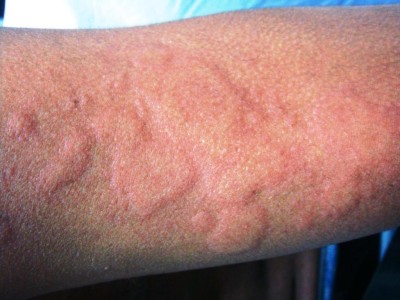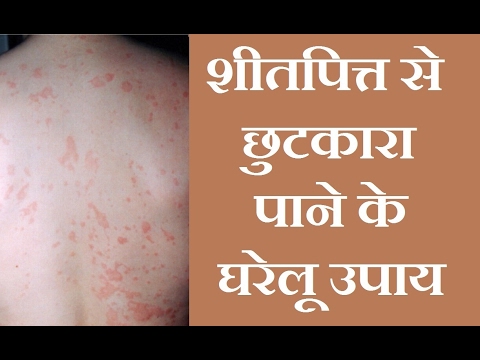Treatments For Cold Urticaria

Cold urticaria is an acute condition that occurs in people suffering from asthma or emphysema
It is characterized by excessive dryness of the skin and the production of itchy, red welts (hematoma) or blisters (atopic eczema) immediately after skin contact with cold. The condition is caused by the immune system's inability to fight infection and inflammation when exposed to the cold.
When the immune system becomes compromised by the cold, the result is a build up of too much arginine in the body and this causes the release of a chemical called uric acid which becomes crystallized in the urine. This is what is known as cold urticaria. The symptoms of the condition include the characteristic itchy feeling of the armpit, burning sensations in the extremities, and painful urination. Some people experience more severe symptoms such as fever, vomiting, loss of appetite, and even muscle weakness.
This condition is caused by the increased activity of the immune system in response to the presence of uric acid in the body. In severe cases, this can lead to more serious medical conditions like peptic ulcers or kidney stones.
Although cold urticaria can be treated in several ways, a more serious problem that can result from the condition is peptic ulceration. The condition is usually caused by an imbalance in the levels of bile acids. When the levels of bile are not balanced, it results in the formation of fatty deposits in the liver and gallbladder. This leads to the increased production of cholesterol and other fats in the body. This can cause clogged arteries, which can result in the formation of a blood clot or ulcer in the liver or gallbladder.
If the condition is left untreated for a long period of time, it may result in death. Treatment of cold urticaria should begin as soon as possible and this includes the avoidance of the trigger, keeping your hands and feet warm, eating foods that are rich in antioxidants such as vitamin A, drinking lots of water, and increasing your fluid intake to increase your body's ability to fight infection and inflammation.
There are a number of natural remedies you can use to cure this condition. These include using herbs and essential oils, using herbal teas, and taking Vitamin C. supplements. Taking probiotics and herbal supplements can also help improve the overall health of the digestive system.

Some of the triggers are food allergies, pollen, and even airborne allergens. These are usually inhaled allergens that can cause allergic reactions if they are inhaled.
There are many homeopathic remedies that you can make from ingredients you already have around the house. These remedies include tea tree oil, honey, aloe vera gel, and aloes Vera extract.
Tea tree oil is known for its anti-bacterial and anti-fungal properties, and it can be found in a variety of products including toothpaste. It has also been used for treating skin infections and is widely considered to be very effective at treating cold urticaria.
Aloe vera is a plant that is commonly used as an essential oil. It is commonly known as "the queen of all plants" because of its medicinal qualities. It can be used in both aromatherapy and skin care products to provide relief from itching and burning associated with the condition.
Another alternative treatment is to use aloe vera gel. It is a gel that can be applied topically on the affected area to reduce pain and inflammation. However, you must be careful not to get too much gel on the affected area, or you risk stinging yourself.
Vitamin C supplements are another way to fight cold urticaria. As previously mentioned, vitamin C is a good antioxidant that can help to combat free radicals in the body, thus helping to prevent cell damage, thereby reducing the risk of infection and inflammation.